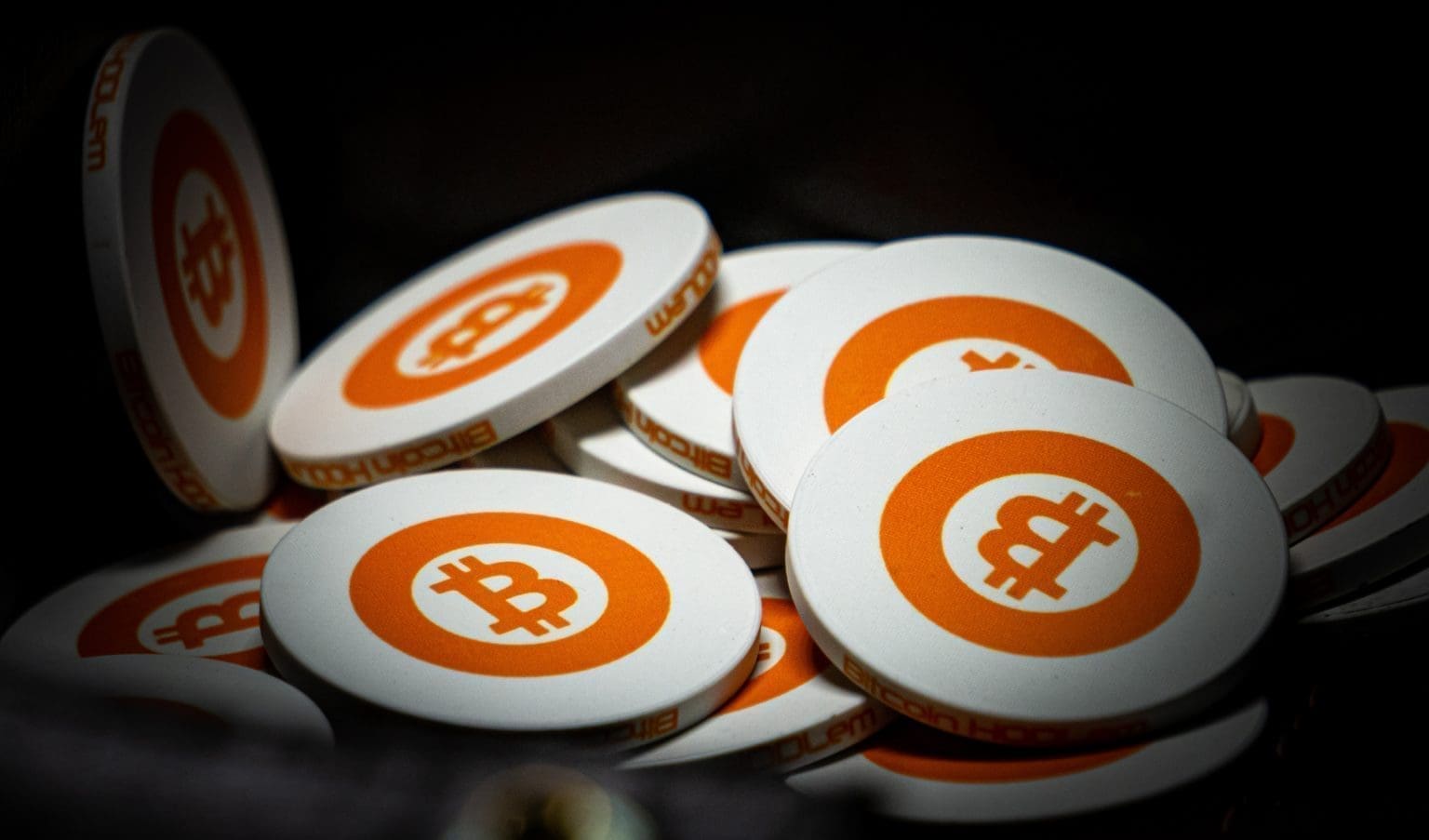Money often feels like an immovable part of our society and way of life.
Historians estimate that metal objects were initially used as cash in 5,000 B.C. – coins dating back to approximately 700 B.C., around 50 generations ago.
But are we approaching an era in which an economic state could exist without money? Could manual banknotes and coins become obsolete in this shift towards digitization? Could digital information become an electronic alternative to money?
Everywhere you look, there are new methods of payment.
We no longer need to type in our pin number when buying products or services under a certain amount, normally £30 in England.
Uber – and the recently launched Uber Direct in South Africa – has revolutionized our taxi journeys.
We no longer need to repeat our financial details when ordering deliveries via a fast-food hub such as Just Eat and Deliveroo or online grocery retailer Pick n Pay, who announced that they are signing up more online shoppers as more people turn to online convenience during the lockdown.
Long-accepted norms are being challenged and ultimately making way for new norms, which feel normal surprisingly quickly.
The next stage for this technological revolution could be a cashless society.
Advantages of a cashless society
In many shops, scammers would purchase a low-cost item with a fake £20 note.
To counteract this issue, shopkeepers would check the validity of the note by drawing on it with a special pen – an exercise that may take an extra 30 seconds, hardly pleasurable for the honest customers or those waiting patiently in the queue.
A cashless society would eliminate the risk of counterfeit money, theft of cash by employees (this writer was part of charity shop at a time when this happened) and burglary – as well as the less dangerous but more common risk of shops not having the correct change to return to customers.
Significant monetary and labour costs are required to combat these issues, but a cashless business would provide a preventive solution.
Plus, cash provides a potential home for disease-causing organisms such as Salmonella and E Coli.
In the current health climate, a shift that would reduce the risk of disease spreading has to be seen as a major positive.
On top of this, there is also something appealing about the increased speed of transactions.
Many people have hard days at university or work – in some cases, they have to look after children or elderly people at home – and so the last thing they would want is a form of shopping that is long and tedious.
Sweetgreen, for example, is a restaurant chain that found cashless locations, which see customers use cards or the mobile app, could process transactions 15% faster.
On top of this, fraudulent behaviour such as money laundering, tax evasion, illegal transactions and funding illegal activity becomes much harder with digital evidence of where the money is.
Are there any concerns?
One of the primary concerns with a shift towards a cashless society would be a lack of privacy.
While traceable transactions are incredibly valuable for the reasons mentioned above, they also undermine everybody’s personal space and rights.
There are lots of things we could purchase for perfectly valid reasons, which we might still feel a bit embarrassed about and wouldn’t necessarily want non-loved ones to know.
Similarly, whether rich or poor, lots of people would not want others to know how much money they have.
A change in economic processes – which we have already seen to an extent with Capitec bank customers embracing digital banking channels – would also change social constructs.
How much somebody earns and what they do with their money are among the things that the etiquette of polite conversation is designed to help us work out – sharing personal information is a means of connection and establishing mutual trust.
By handed people more personal information in a digital form, we also take away their thirst for knowledge and thus potentially, the means of connecting and building trust.
Plus, the societal right we each currently have – to portray ourselves how we would like to be perceived – is fundamental to social mobility.
If people’s career histories were laid bare, there would be an even clearer disparity between those more experienced and those less experienced, theoretically making it harder for somebody poorer to earn jobs through passion and strong character traits.
Those who are very poor, to the extent that they are suffering from homelessness or poverty, could be even worse off by a shift to a cashless society because they are likely to rely on the generosity of pedestrians handing them spare change.
If we were to move to a cashless society, there would be an even greater need for governments to come up with an economic system that protects the needs of the poor – and governments with the will to do so are hard to find.
Is it safe?
The total value of the global cybersecurity marketed is reported to be worth around 112 billion USD which gives a fair idea of the effort needed to keep people safe online. With safety a top concern with financial transactions, many companies have come up with novel ideas to remedy the situation.
Bitcoin, which is now being accepted by Microsoft, is an obvious example – the blockchain-backed encryption of each transaction makes it almost impossible for anyone to be privy to your personal data. Paysafecard is also a viable alternative (the clue is in the title) and is being utilised by the likes of online casino Betway and gaming provider Steam.
A cashless society would bring plenty of advantages, but it could only come when there is a system in place to protect those most vulnerable.
